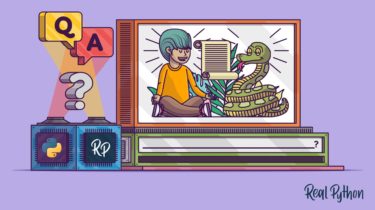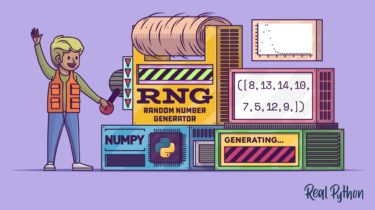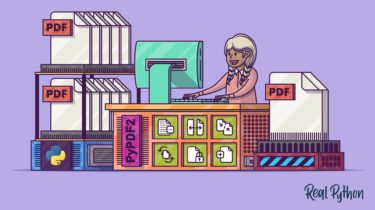Category: Python
Python tutorials
What’s the Zen of Python?
If you’ve been learning Python long enough, then you’ve likely seen or heard about the Zen of Python. Experienced Pythonistas often refer to it as a source of wisdom and guidance, especially when they want to settle an argument about certain design decisions in a piece of code. Others take these principles even more seriously by considering them a sort of Pythonic decalogue. In this tutorial, you’ll learn where to find the Zen of Python, how it came into existence, […]
Read moreMazes in Python Part 1: Building and Visualizing
If you’re up for a little challenge and would like to take your programming skills to the next level, then you’ve come to the right place! In this hands-on video course, you’ll practice object-oriented programming, among several other good practices, while building a cool maze solver project in Python. This is the first part in a two-part series. Throughout the series, you’ll go step by step through the guided process of building a complete and working project. This will include […]
Read moreUsing the NumPy Random Number Generator
Once you have a NumPy array, regardless of whether you’ve generated it randomly or obtained it from a more ordered source, there may be times when you need to select elements from it randomly or reorder its structure randomly. You’ll learn how to do this next. Selecting Array Elements Randomly Suppose you have a NumPy array of data collected from a survey, and you wish to use a random sample of its elements for analysis. The Generator object’s .choice() method […]
Read moreCreate and Modify PDF Files in Python
So far, you’ve learned how to extract text and pages from PDFs and how to concatenate and merge two or more PDF files. These are all common operations with PDF files, but pypdf has many other useful features. In the following sections, you’ll learn how to rotate and crop pages in a PDF file. Rotating Pages With PageObject.rotate() You’ll start by learning how to rotate pages. For this example, you’ll use the ugly.pdf file in the practice_files/ folder. This file […]
Read moreGetting the First Match From a Python List or Iterable
At some point in your Python journey, you may need to find the first item that matches a certain criterion in a Python iterable, such as a list or dictionary. The simplest case is that you need to confirm that a particular item exists in the iterable. For example, you want to find a name in a list of names or a substring inside a string. In these cases, you’re best off using the in operator. However, there are many […]
Read more






